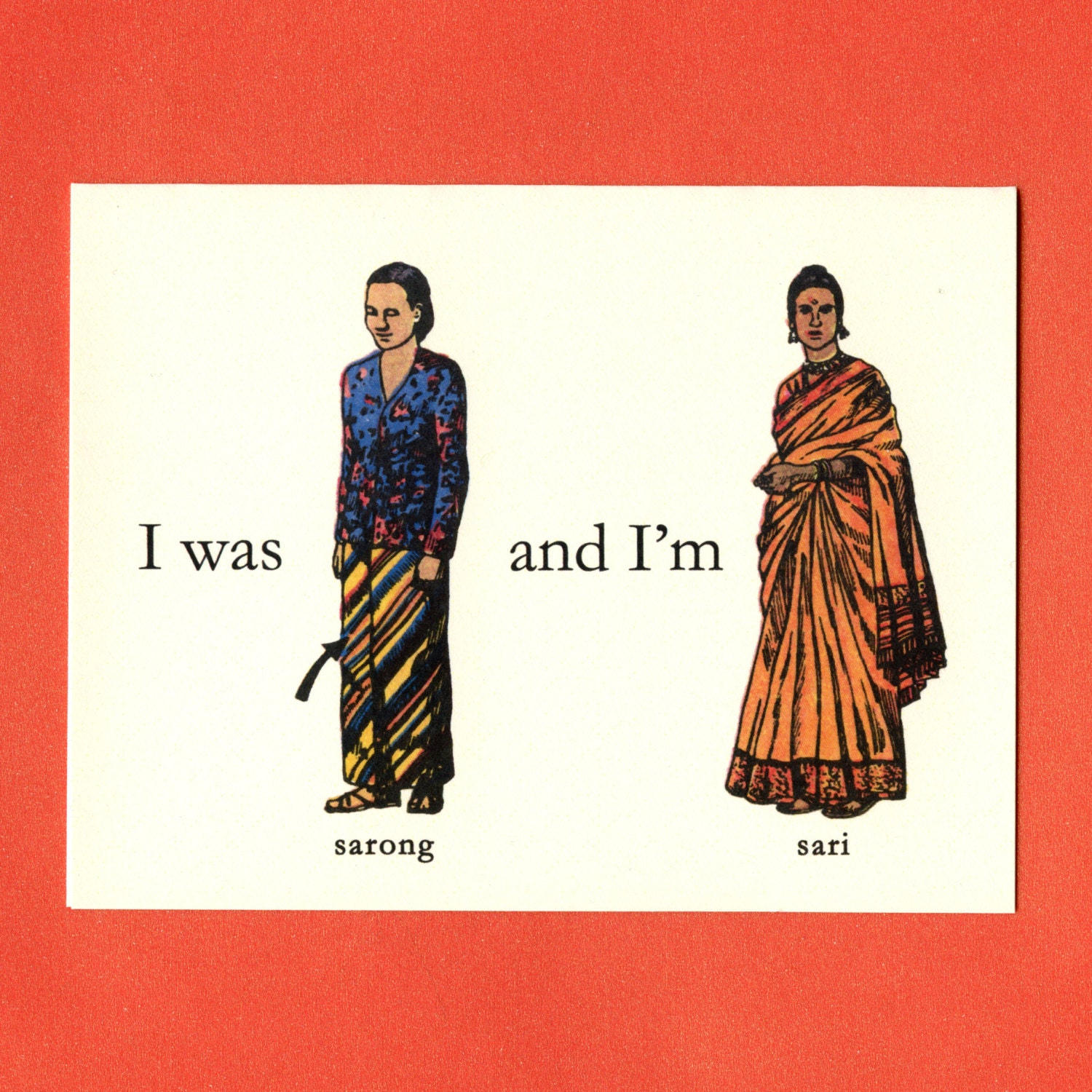As a child, I was never instructed to say "Sorry." When I became a professional aunt, I never instructed a child to say "Sorry."
Note a typical spat between two rugrats. One offended the other. The other is silently furious. The attacker says "Sorry, let's go play." The hurt one is immovable. Huffily, the transgressor complains, "But I said 'Sorry'!"
Hear her words: Not that she is sorry, merely that she said sorry. Not the same thing, cookie.
I don't tell the kinfauna to say "Sorry" to each other, because that cheapens the process of regret. If possible or appropriate, I insist upon acts of kindness or affection. A hug, a kiss, make nice, help packing away the toys. Or I simply separate them until they wish for their irritating company back.
 Etgar Keret's "Taxi Driver" is a beautiful example of the redeeming power of "sorry," when done right.
Etgar Keret's "Taxi Driver" is a beautiful example of the redeeming power of "sorry," when done right.

Teshuva is the act of contrition, whereas Tefilah is the "saying Sorry." If they were one and the same thing, they would have been conflated together. But they aren't.
To say it, and mean it . . . oy.
There is what I call a Politician's Apology, where someone appears to apologize without actually doing so: "I'm sorry that you were offended " [i.e. I didn't do anything wrong, you're just touchy]. "I regret that people in my department did X" [but I didn't do anything wrong personally]. "With hindsight, I would have done things differently" [but not being a prophet, what I did was good enough].
ReplyDelete